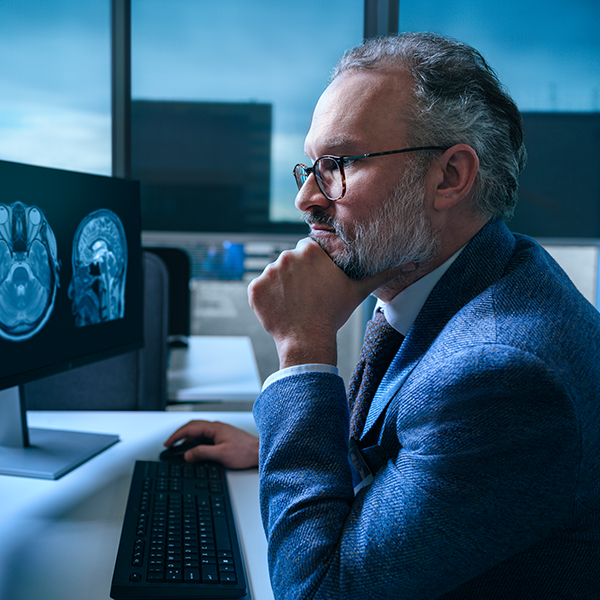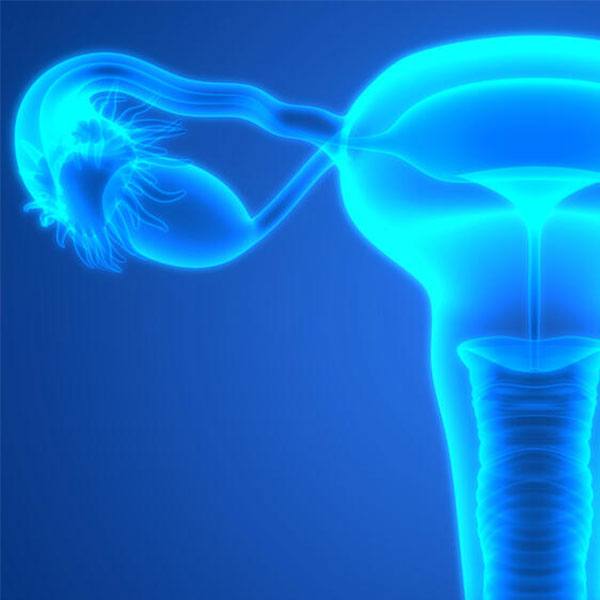-

Expert Alert: Mayo Physician Available to Give Tips on Staying Safe in Scorching Temps
ROCHESTER, Minn. — July 2, 2012. People across the country are experiencing sweltering weather with temperatures and the heat index reaching well into the 100-degree range. While many will take refuge in air-conditioned homes or at a local lake or pool, it's important to remember that the heat can be much more than bothersome. It can put your health at risk and even prove life threatening.

Heatstroke is caused by prolonged exposure to high temperatures or by doing physical activity in hot weather. High humidity, certain health problems and some medications such as heart drugs or psychiatric medications increase your risk of heatstroke. So does being a young child or older adult.
In a period of hours, untreated heatstroke can damage your brain, heart, kidneys and muscles. These injuries get worse the longer treatment is delayed, increasing your risk of serious complications or death, says David Claypool, M.D., an emergency medicine physician who treats heatstroke at Mayo Clinic.
Heatstroke symptoms include: high body temperature (a body temperature of 104 F (40 C) or higher is the main sign of heatstroke); nausea and vomiting; flushed skin; rapid breathing; racing heart rate; headache; confusion; and muscle cramps or weakness.
"If you think a person may be experiencing heatstroke, seek immediate medical help. Call 911 or your local emergency services number," Dr. Claypool says. "Also, be sure to take immediate action to cool the overheated person while waiting for emergency treatment."
Anyone can develop heatstroke, but several factors place you at increased risk:
- Young or old age. Your ability to cope with extreme heat depends on the strength of your central nervous system. In the very young, the central nervous system is not fully developed and in adults over 65, the central nervous system begins to deteriorate, which makes your body less able to cope with changes in body temperature. Both age groups usually have difficulty remaining hydrated, which also increases risk.
- Genetic response to heat stress. The way your body responds to heat is partly determined by inherited traits. Your genes may play a vital role in determining how your body will respond in extremely hot conditions.
- Situations that require exertion in hot weather. Common examples of situations that can lead to heatstroke include military training in hot weather and participation in school sports such as football.
- Sudden exposure to hot weather. If you're not used to high temperatures or high humidity, you may be more susceptible to heat-related illness if you're exposed to a sudden increase in temperature, as might happen with a heat wave that occurs during late spring.
- A lack of air conditioning. Fans may make you feel better, but in sustained hot weather, air conditioning is the most effective way to cool down and lower humidity.
- Certain medications. Some medications place you at a greater risk of heatstroke and other heat-related conditions because they affect your body's ability to stay hydrated and respond to heat. Be especially careful in hot weather if you take medications that narrow your blood vessels (vasoconstrictors), regulate your blood pressure by blocking adrenaline (beta blockers), rid your body of sodium and water (diuretics), or reduce psychiatric symptoms (antidepressants or antipsychotics). Stimulants for attention-deficit/hyperactivity disorder (ADHD) and illegal stimulants such as amphetamines and cocaine also make you more vulnerable to heatstroke. Diabetics are also more susceptible to heatstroke.
- Certain health conditions. You may be at increased risk of heatstroke if you have certain chronic illnesses, such as heart or lung disease. People who are very overweight, have difficulty moving or lack physical fitness also are at higher risk of heat-related problems.
The good news is heatstroke is predictable and preventable. Dr. Claypool says you should take these steps to prevent heatstroke during hot weather: wear loose-fitting, lightweight clothing; wear light-colored clothing if you're in the sun; drink plenty of fluids; never leave children or anyone else in a parked car; and take it easy during the hottest parts of the day.
To interview Dr. Claypool about heatstroke, contact Nick Hanson at 507-284-5005 or email newsbureau@mayo.edu.
###
About Mayo Clinic:
Recognizing 150 years of serving humanity in 2014, Mayo Clinic is a nonprofit worldwide leader in medical care, research and education for people from all walks of life. For more information, visit 150years.mayoclinic.org, www.mayoclinic.org and newsnetwork.mayoclinic.org.
Media Contact: Nick Hanson, 507-284-5005 (days), newsbureau@mayo.edu







